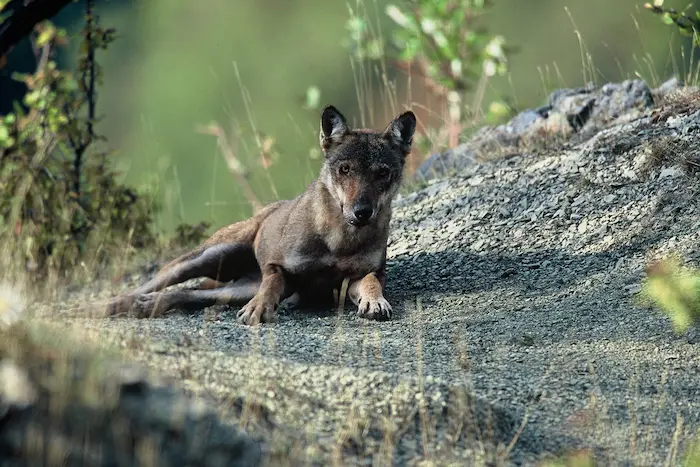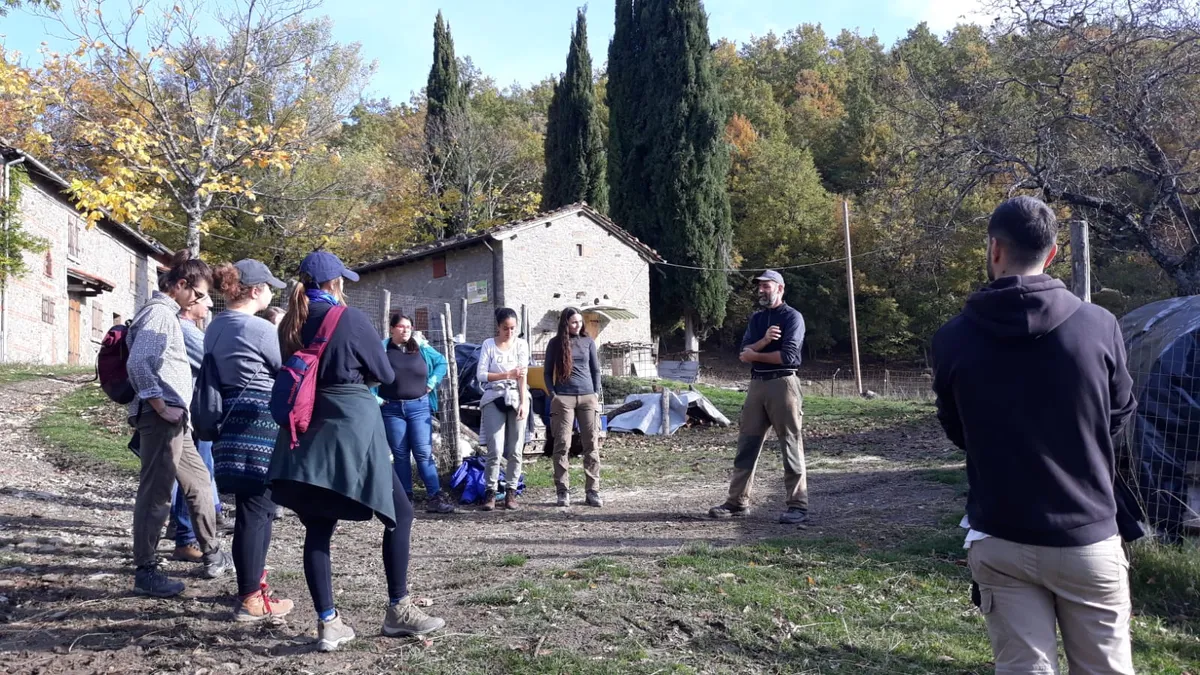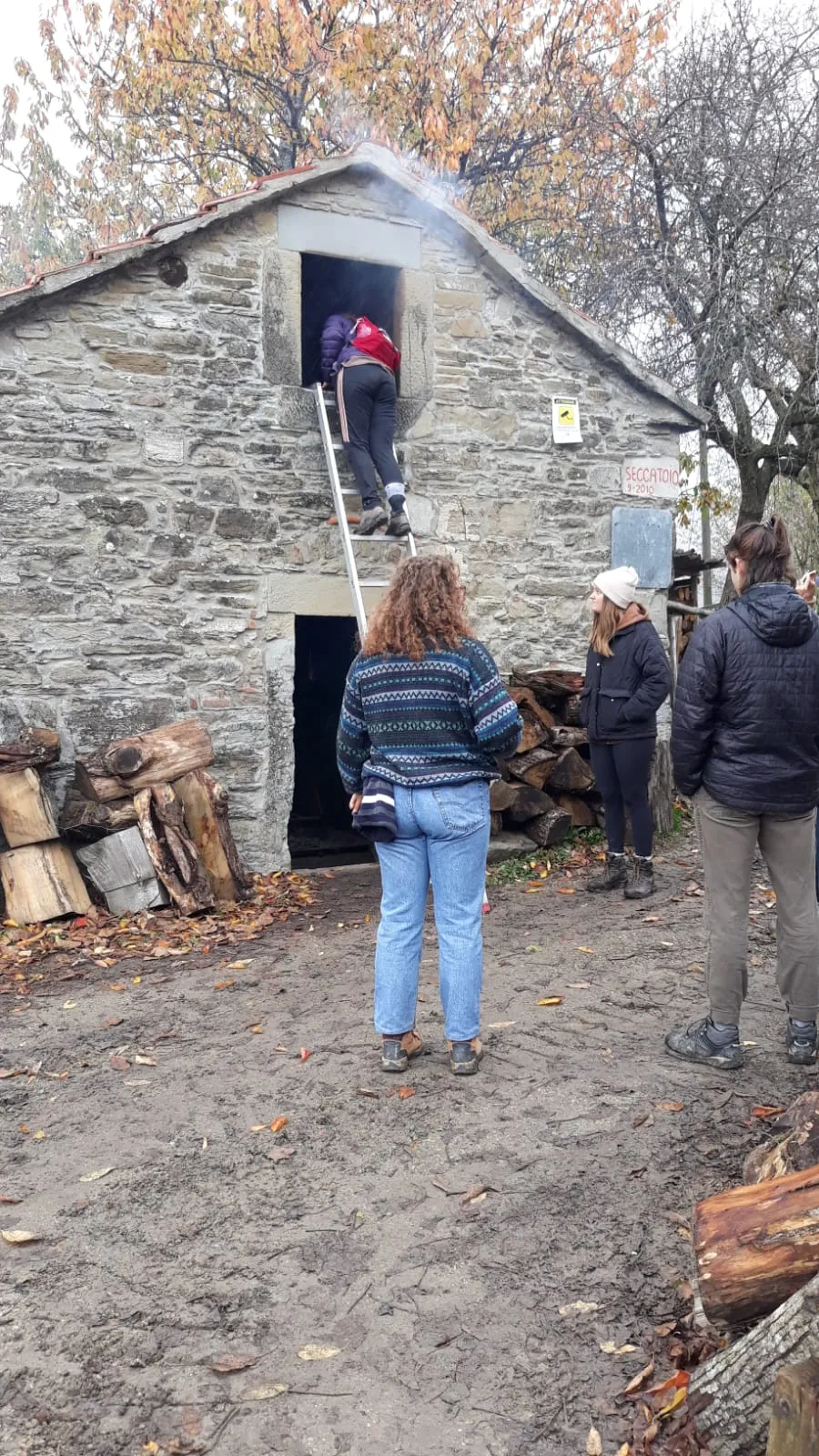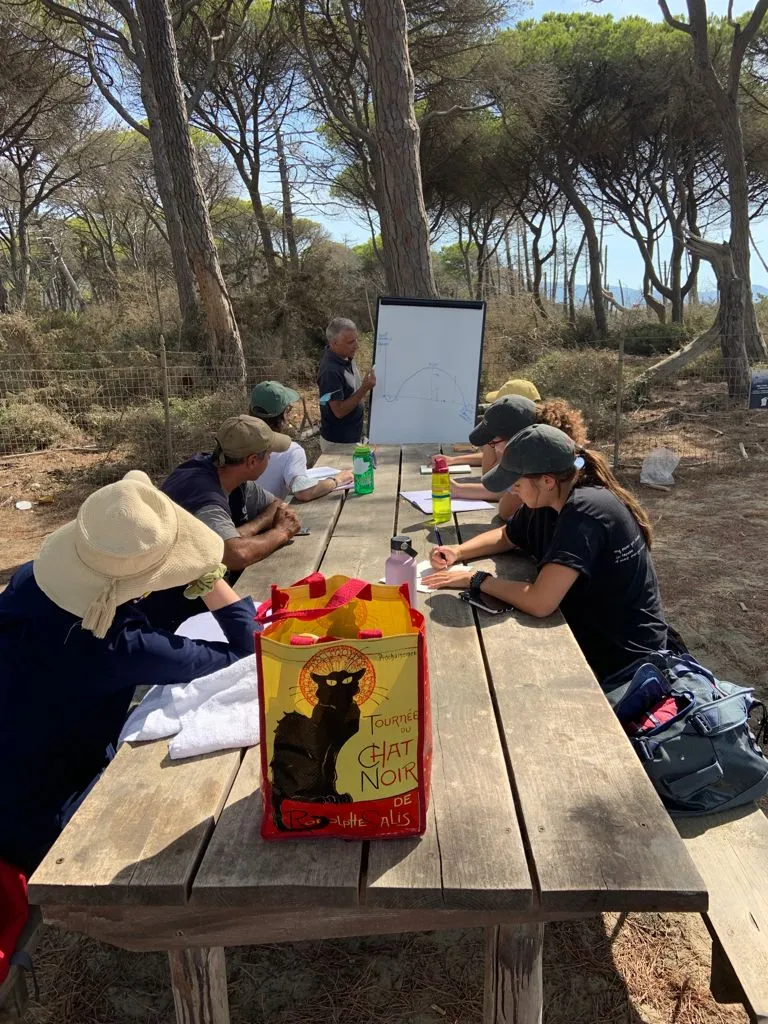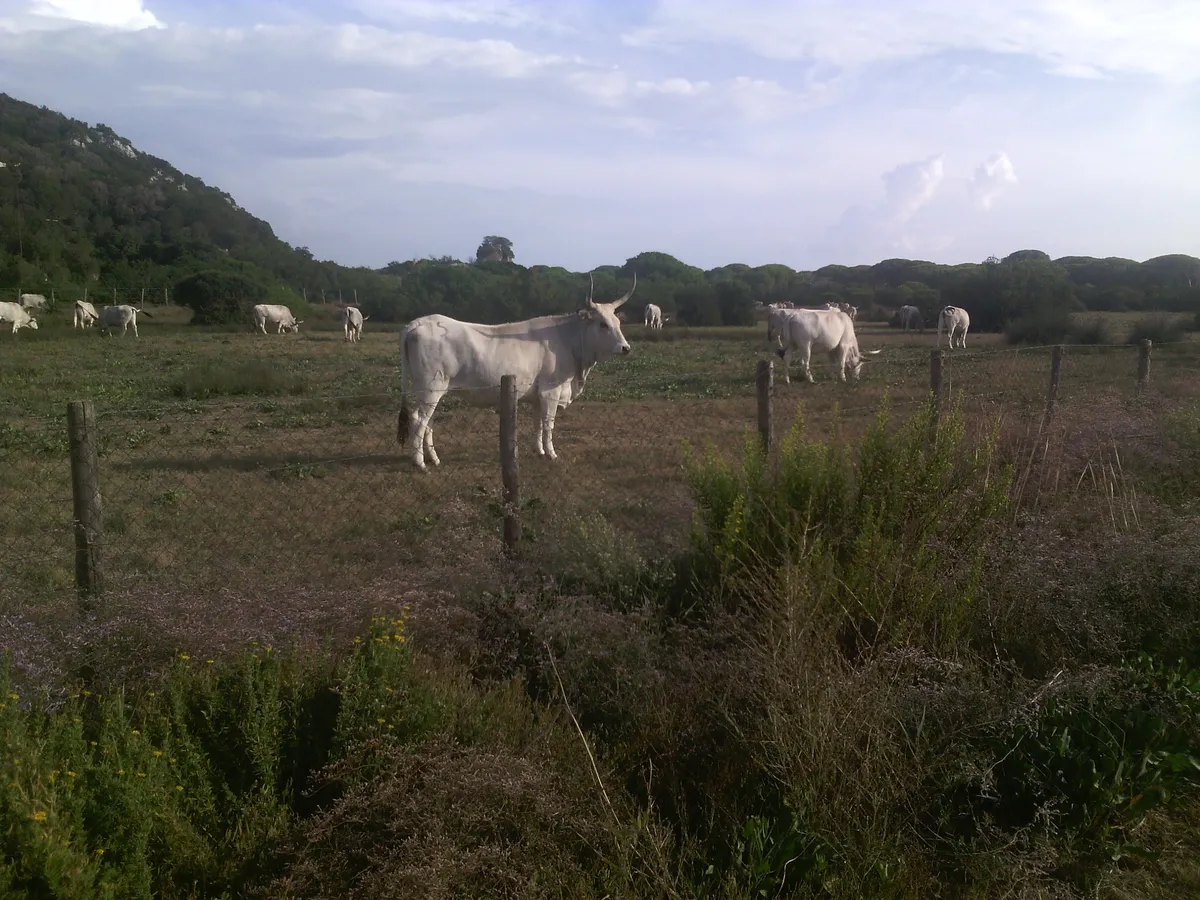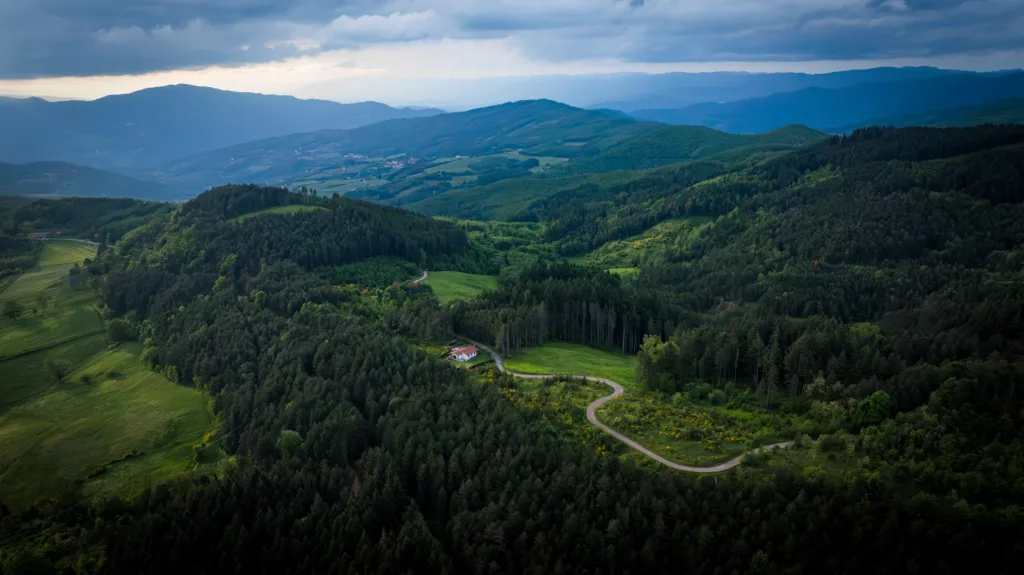
Program Costs
- Tuition
- Room & Board
- Total
Application Deadlines
Resources
Rewilding Tuscany
How do rebounding wolf populations impact the sheepherders in Tuscany’s agricultural highlands? What effects can wetland restoration have on small-scale coastal fisheries? Can farming and biodiversity thrive together? Using food systems as a lens, this program explores the diverse effects global biodiversity frameworks have on local food producers. With Tuscany as a case study, students will examine the economic and sociocultural complexities of global-to-local ecological restoration and rewilding efforts in historical agricultural ecosystems.
Program Highlights:
- Interview farmers, shepherds, fishers, and foresters to understand the benefits and drawbacks of ecological restoration projects in their local areas.
- Examine the successes and challenges for various agricultural practices posed by the return of wolf, wild boar, and roe deer populations.
- Identify the synergies and tradeoffs of forest area expansion and land use changes.
- Explore the cultural goods and services provided by wetland and lagoon conservation in southern coastal Tuscany.
Academics
This academically rigorous program follows a five days/week schedule. The program explores the on-the-ground, local implications of commitments set in international frameworks, such as the Global Biodiversity Framework, the Green Deal, and Nature Restoration Law. Students will see first-hand the impacts of global and regional sustainability policies on food producers.
Major academic themes include:
- Human-wildlife conflict management
- Multiple and differing values of ecosystems goods and services
- Land use change, agroecological practices, and wild and domesticated biodiversity
- Social justice and equitable sharing of ecosystem services
- Climate change and ecological restoration
Courses
During this summer program, you will take one 4-credit course. Students will experience theory learned during classes directly in the field. This course is interdisciplinary and participatory in nature, designed to foster inquiry and active learning. Lectures, tests, and assignments will inform field visits and field exercises to develop critical capacities.
Ecological Restoration in Agricultural Landscapes
This interdisciplinary course explores the on-the-ground implementation of the Convention on Biological Diversity’s Kunming-Montreal Global Biodiversity Framework, the European Union’s Green Deal, and Natural Restoration Law. You will analyze the transformative targets and actions deemed necessary to achieve the overall goal of “living in harmony with nature by 2050” in the environmental, economic and socio-cultural contexts of Tuscany. Course content will explore problems and opportunities from the transformative processes of rewilding in forests, wetlands, semi-natural, and agricultural ecosystems, as well as the strategies, agroecological practices, policy tools, and instruments available to local stakeholders to sustainably manage nature’s return.
Syllabus and course number coming soon!
Core Skills
Students will gain knowledge and make use of practical research field tools and instruments such as: quantitative/qualitative data collection and analysis, questionnaire development, stakeholder interviews, basic statistical analysis, monetary valuation techniques, multicriteria analysis, and biodiversity assessments and survey techniques.
Field Sites
You will visit different communities, protected areas, and agroecosystems, including vineyards and olive groves, arable lands, natural pastures, oak, beech, chestnut, and pine forests, salt marshes and wetlands, the Apennine Mountain range, Chianti hills, and the coastal flats of Maremma.
Other Italy Programs
Sustaining Traditions: Food, Farming, and Climate
More Information
Program Costs
- Tuition
- Room & Board
- Total
Rewilding Tuscany
More Information
Program Costs
- Tuition
- Room & Board
- Total


